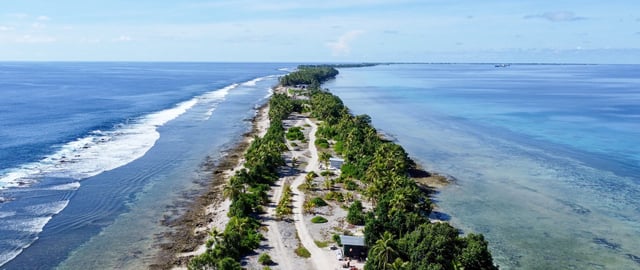Overview
- Amnesty International’s new report says New Zealand’s immigration settings are not climate‑responsive and result in arbitrary outcomes that separate families, exclude disabled and older people, and overlook children’s rights.
- Case studies detail Sam from Tuvalu being denied a visa due to disability despite approvals for his family, Teretia from Kiribati living in fear after a visa extension was refused, and Noa from Tuvalu struggling for status while receiving cancer treatment.
- Experts quoted by the Guardian back a climate‑specific visa and residency route, citing rising seas that threaten Tuvalu and Kiribati and a WMO estimate that about 50,000 Pacific Islanders a year face displacement.
- New Zealand’s immigration minister declined to say whether the government will consider a humanitarian visa, noting she had not yet seen the report.
- The report contrasts New Zealand’s gaps with Australia’s Falepili Union with Tuvalu as a rare mobility framework and warns of a “double injustice” from climate harms compounded by restrictive migration policies.
